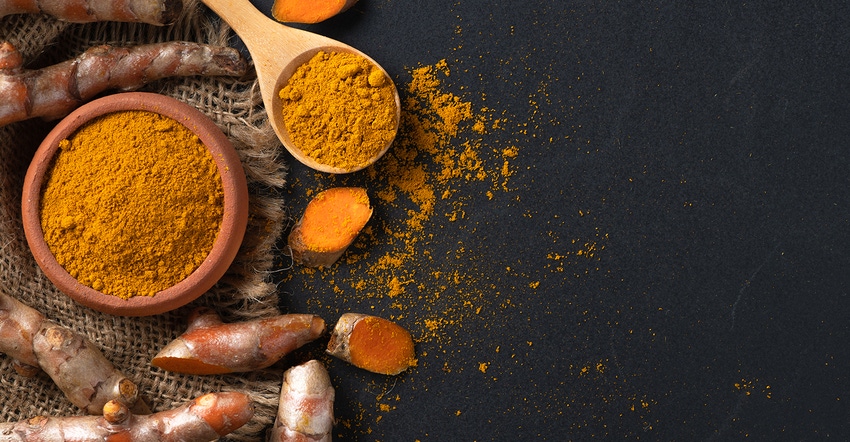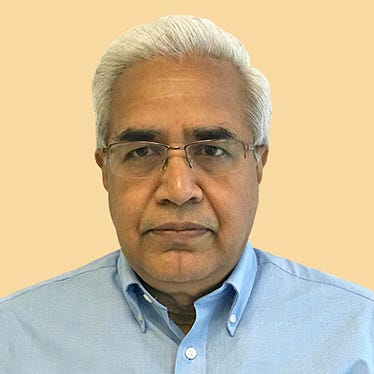The gut microbiome is now believed to influence every aspect of human health and is an important mediator of the therapeutic activities mediated by phytonutrients like those found in turmeric.

Turmeric, the powdered rhizome of Curcuma longa, has been extensively used in traditional and alternative systems of medicine for addressing inflammatory issues such as arthritis, hepatitis and digestive disorders.
The bioavailability challenge
Despite encouraging biological effects demonstrated in cell-based studies, preclinical and clinical trials, a significant criticism of curcumin is its poor bioavailability. Pharmacokinetic studies of curcumin in humans have recorded a meager recovery of curcumin in the serum after oral intake. Poor absorption, quick metabolism, chemical instability and rapid systemic elimination are the primary reasons for citing poor bioavailability.
Numerous products have swarmed the market with dramatic claims of highly increased curcumin bioavailability. An exceedingly large number of these products have based their enhanced bioavailability claims on faulty premises by measuring not the native or unmodified curcumin in blood components, but the levels of curcumin glucuronide, an inactive metabolite alluded to earlier, thus rendering their claims of higher bioavailability moot.
Gut microbiota and curcumin
The gut microbiome is now believed to influence every aspect of human health and is an important mediator of the therapeutic activities mediated by phytonutrients. Increasing evidence suggests curcumin’s therapeutic activities may not necessarily rely on its bioavailability, but rather, from its positive influence on gastrointestinal (GI) health and function.
Mounting evidence from several preclinical and clinical studies suggests curcumin is a natural agent with positive influences on GI health and function.
To read this article in its entirety, check out the Rooting for curcumin – digital magazine.
N. Kalyanam, Ph.D., is the president of Sami-Sabinsa Group research and development (R&D). His interests are synthetic methodology and chiral chemistry. After obtaining his doctorate in organic chemistry from Baylor University in Texas, Kalyanam researched organic synthesis procedures and then returned to India. At Sabinsa, he focuses on developing efficient and novel scientific routes for xenobiotics and intermediates, as well as exploration of new business areas.
About the Author(s)
You May Also Like






.png?width=800&auto=webp&quality=80&disable=upscale)